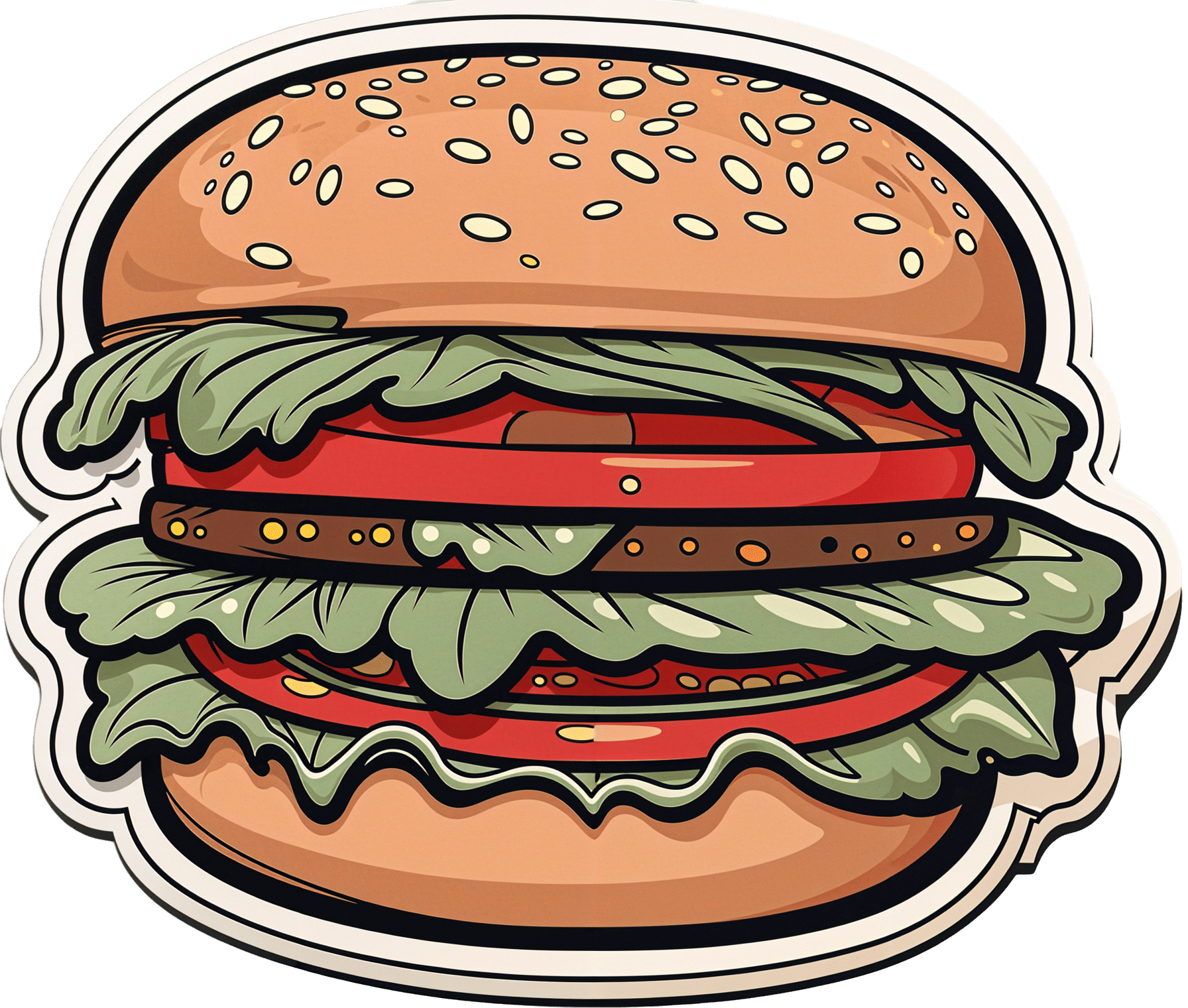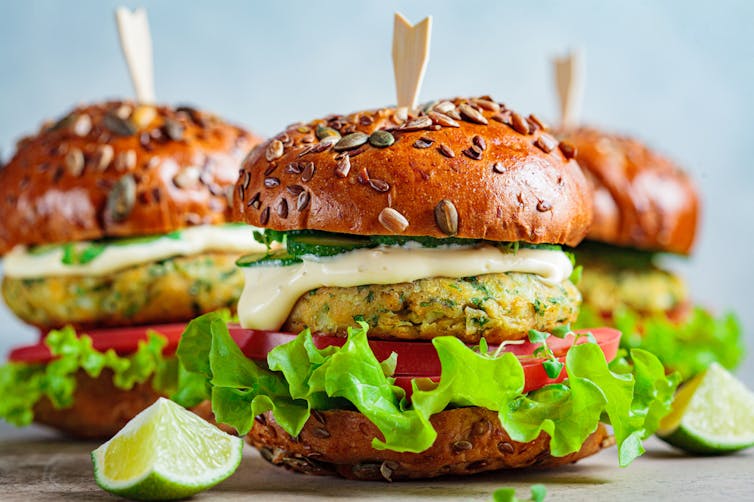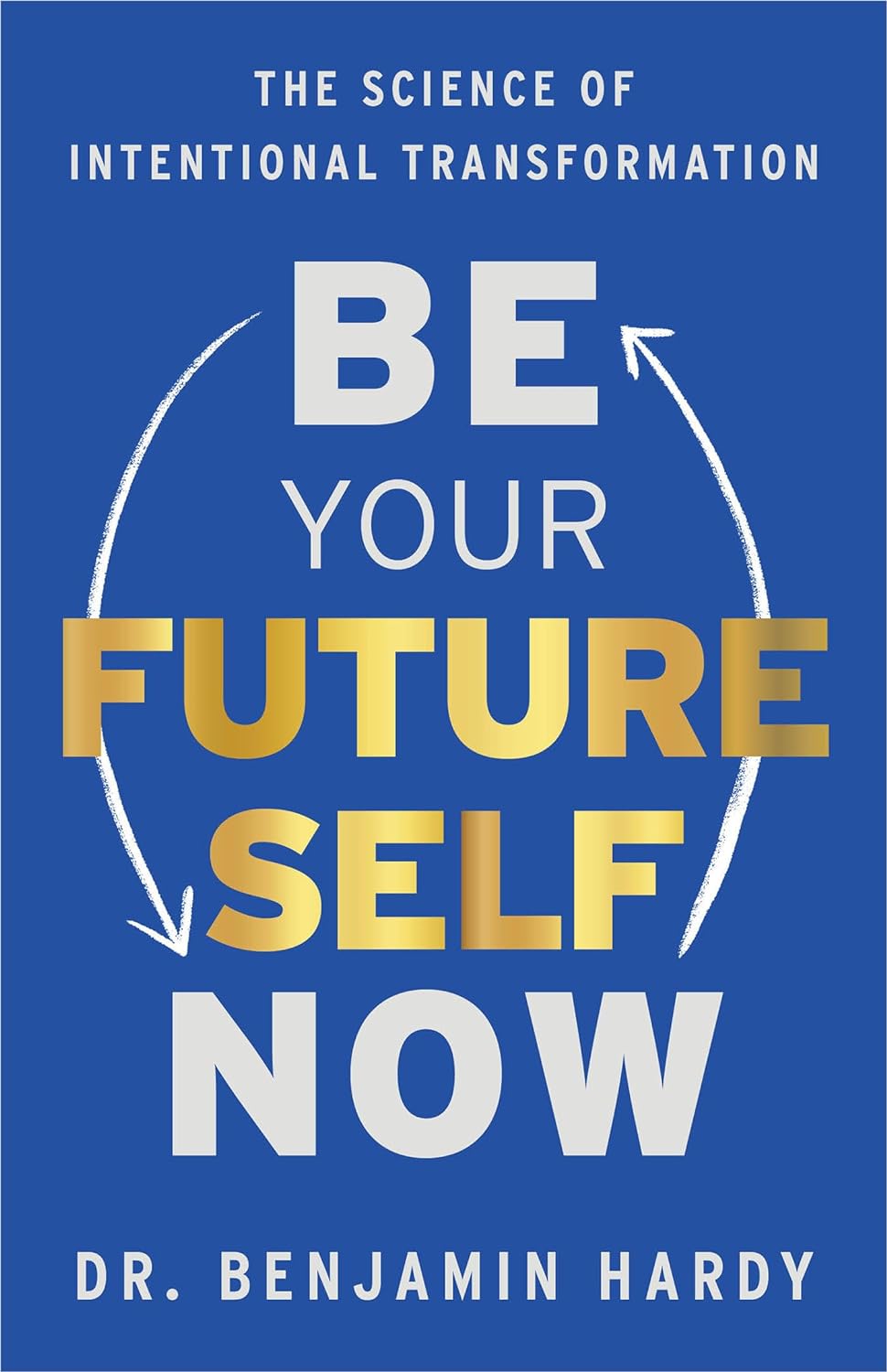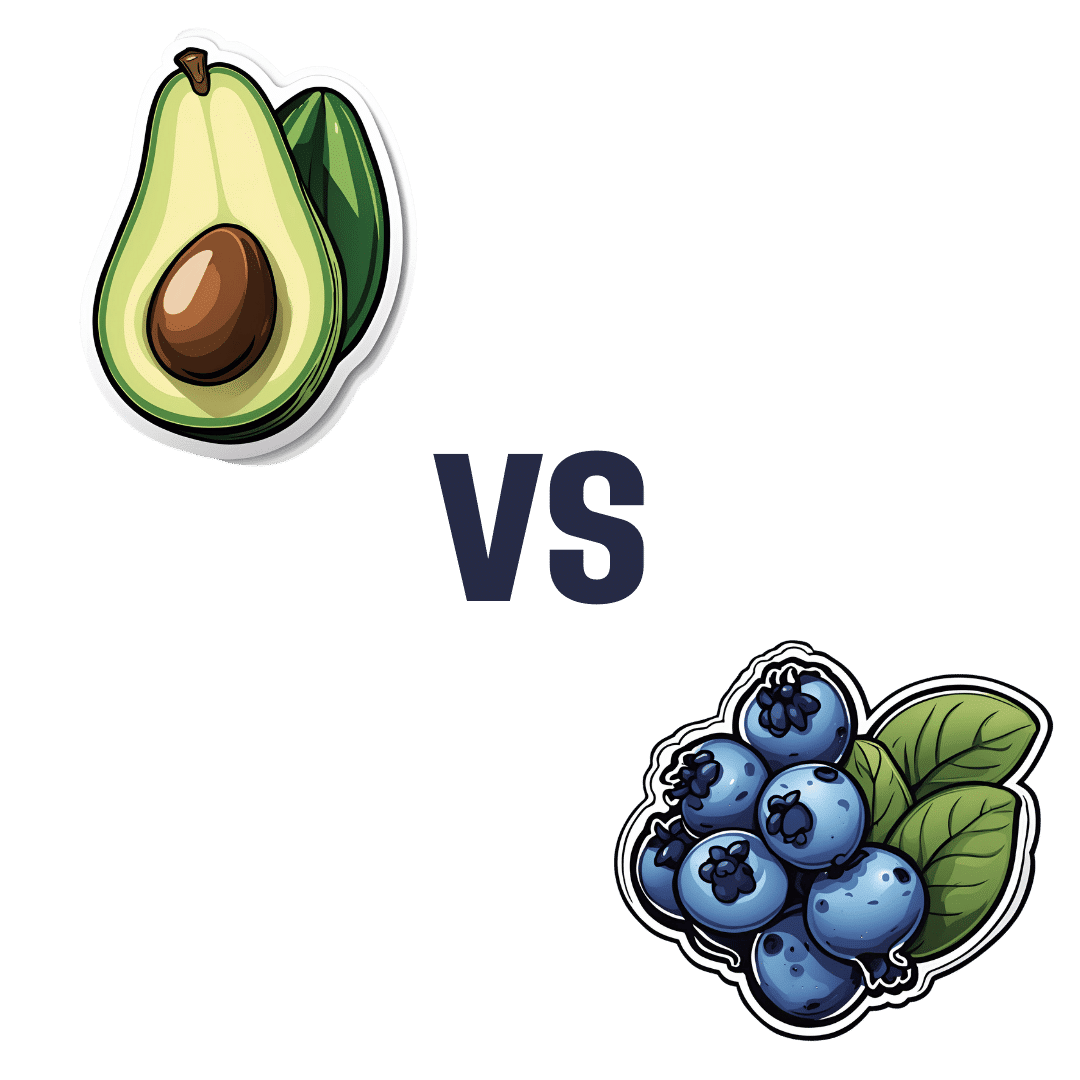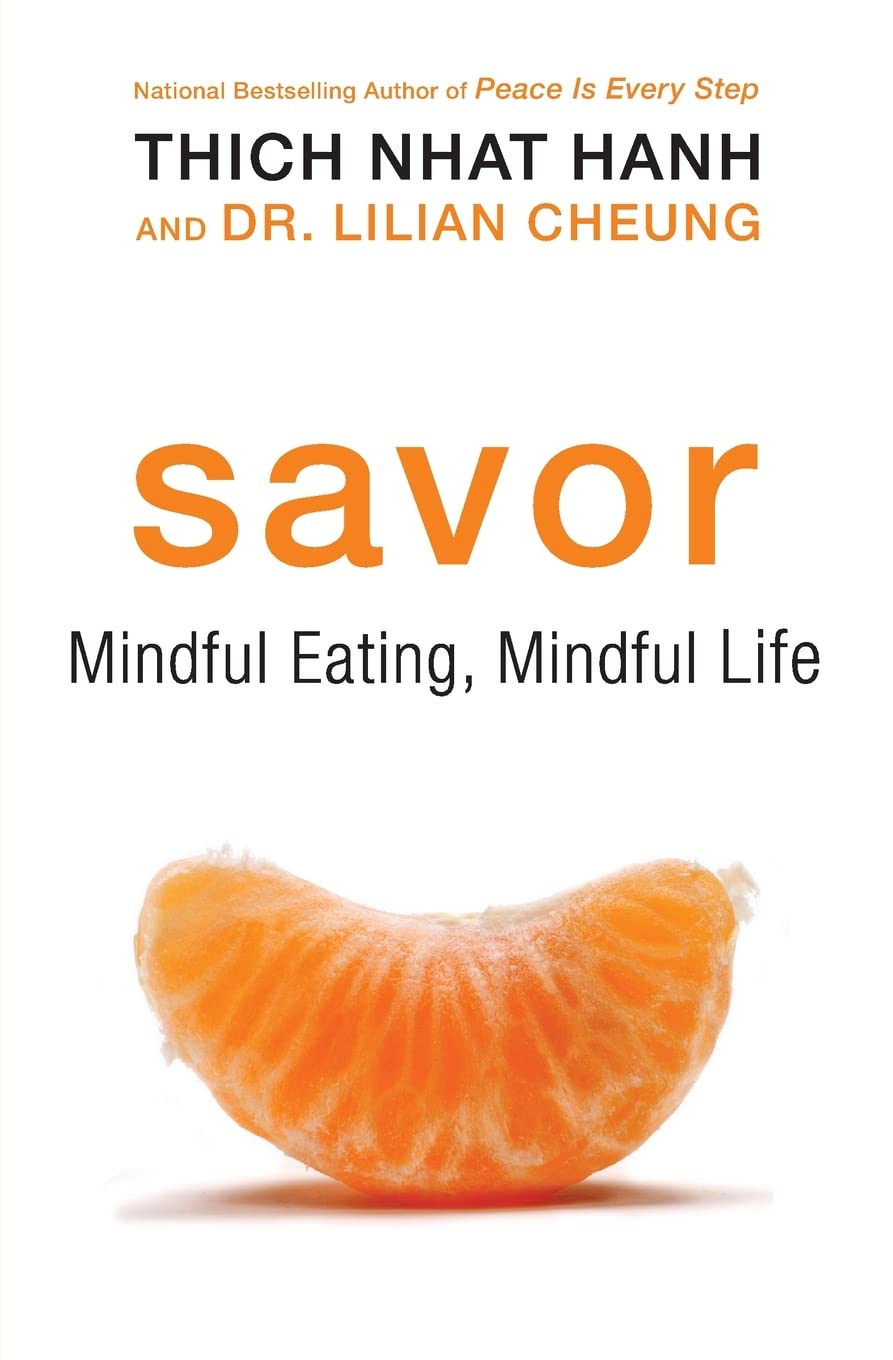
The Bitter Truth About Coffee (or is it?)
10almonds is reader-supported. We may, at no cost to you, receive a portion of sales if you purchase a product through a link in this article.
The Bitter Truth About Coffee (or is it?)

Yesterday, we asked you for your (health-related) views on coffee. The results were clear: if we assume the responses to be representative, we’re a large group of coffee-enthusiasts!
One subscriber who voted for “Coffee is a healthy stimulant, hydrating, and full of antioxidants” wrote:
❝Not so sure about how hydrating it is! Like most food and drink, moderation is key. More than 2 or 3 cups make me buzz! Just too much.❞
And that fine point brings us to our first potential myth:
Coffee is dehydrating: True or False?
False. With caveats…
Coffee, in whatever form we drink it, is wet. This may not come as a startling revelation, but it’s an important starting point. It’s mostly water. Water itself is not dehydrating.
Caffeine, however, is a diuretic—meaning you will tend to pee more. It achieves its diuretic effect by increasing blood flow to your kidneys, which prompts them to release more water through urination.
See: Effect of caffeine on bladder function in patients with overactive bladder symptoms
How much caffeine is required to have a diuretic effect? About 4.5 mg/kg.
What this means in practical terms: if you weigh 70kg (a little over 150lbs), 4.5×70 gives us 315.
315mg is about how much caffeine might be in six shots of espresso. We say “might” because while dosage calculations are an exact science, the actual amount in your shot of espresso can vary depending on many factors, including:
- The kind of coffee bean
- How and when it was roasted
- How and when it was ground
- The water used to make the espresso
- The pressure and temperature of the water
…and that’s all without looking at the most obvious factor: “is the coffee decaffeinated?”
If it doesn’t contain caffeine, it’s not diuretic. Decaffeinated coffee does usually contain tiny amounts of caffeine still, but with nearer 3mg than 300mg, it’s orders of magnitude away from having a diuretic effect.
If it does contain caffeine, then the next question becomes: “and how much water?”
For example, an Americano (espresso, with hot water added to make it a long drink) will be more hydrating than a ristretto (espresso, stopped halfway through pushing, meaning it is shorter and stronger than a normal espresso).
A subscriber who voted for “Coffee messes with sleep, creates dependency, is bad for the heart and gut, and is dehydrating too” wrote:
❝Coffee causes tachycardia for me so staying away is best. People with colon cancer are urged to stay away from coffee completely.❞
These are great points! It brings us to our next potential myth:
Coffee is bad for the heart: True or False?
False… For most people.
Some people, like our subscriber above, have an adverse reaction to caffeine, such as tachycardia. An important reason (beyond basic decency) for anyone providing coffee to honor requests for decaff.
For most people, caffeine is “heart neutral”. It doesn’t provide direct benefits or cause direct harm, provided it is enjoyed in moderation.
See also: Can you overdose on caffeine?
Some quick extra notes…
That’s all we have time for in myth-busting, but it’s worth noting before we close that coffee has a lot of health benefits; we didn’t cover them today because they’re not contentious, but they are interesting nevertheless:
- Coffee is the world’s biggest source of antioxidants
- 65% reduced risk of Alzheimer’s for coffee-drinkers
- 67% reduced risk of type 2 diabetes for coffee-drinkers
- 43% reduced risk of liver cancer for coffee-drinkers
- 53% reduced suicide risk for coffee-drinkers
Enjoy!
Don’t Forget…
Did you arrive here from our newsletter? Don’t forget to return to the email to continue learning!
Recommended
Learn to Age Gracefully
Join the 98k+ American women taking control of their health & aging with our 100% free (and fun!) daily emails:
-
Are plant-based burgers really bad for your heart? Here’s what’s behind the scary headlines
10almonds is reader-supported. We may, at no cost to you, receive a portion of sales if you purchase a product through a link in this article.
We’re hearing a lot about ultra-processed foods and the health effects of eating too many. And we know plant-based foods are popular for health or other reasons.
So it’s not surprising new research out this week including the health effects of ultra-processed, plant-based foods is going to attract global attention.
And the headlines can be scary if that research and the publicity surrounding it suggests eating these foods increases your risk of heart disease, stroke or dying early.
Here’s how some media outlets interpreted the research. The Daily Mail ran with:
Vegan fake meats are linked to increase in heart deaths, study suggests: Experts say plant-based diets can boost health – but NOT if they are ultra-processed
The New York Post’s headline was:
Vegan fake meats linked to heart disease, early death: study
But when we look at the study itself, it seems the media coverage has focused on a tiny aspect of the research, and is misleading.
So does eating supermarket plant-based burgers and other plant-based, ultra-processed foods really put you at greater risk of heart disease, stroke and premature death?
Here’s what prompted the research and what the study actually found.
Nina Firsova/Shutterstock Remind me, what are ultra-processed foods?
Ultra-processed foods undergo processing and reformulation with additives to enhance flavour, shelf-life and appeal. These include everything from packet macaroni cheese and pork sausages, to supermarket pastries and plant-based mince.
There is now strong and extensive evidence showing ultra-processed foods are linked with an increased risk of many physical and mental chronic health conditions.
Although researchers question which foods should be counted as ultra-processed, or if all of them are linked to poorer health, the consensus is that, generally, we should be eating less of them.
We also know plant-based diets are popular. These are linked with a reduced risk of chronic health conditions such as heart disease and stroke, cancer and diabetes. And supermarkets are stocking more plant-based, ultra-processed food options.
How about the new study?
The study looked for any health differences between eating plant-based, ultra-processed foods compared to eating non-plant based, ultra-processed foods. The researchers focused on the risk of cardiovascular disease (such as heart disease and stroke) and deaths from it.
Plant-based, ultra-processed foods in this study included mass-produced packaged bread, pastries, buns, cakes, biscuits, cereals and meat alternatives (fake meats). Ultra-processed foods that were not plant-based included milk-based drinks and desserts, sausages, nuggets and other reconstituted meat products.
The researchers used data from the UK Biobank. This is a large biomedical database that contains de-identified genetic, lifestyle (diet and exercise) and health information and biological samples from half a million UK participants. This databank allows researchers to determine links between this data and a wide range of diseases, including heart disease and stroke.
They used data from nearly 127,000 people who provided details of their diet between 2009 and 2012. The researchers linked this to their hospital records and death records. On average, the researchers followed each participant’s diet and health for nine years.
Plant-based, ultra-processed foods included in this study included packaged supermarket bread. doublelee/Shutterstock What did the study find?
With every 10% increase of total energy from plant-sourced, ultra-processed foods there was an associated 5% increased risk of cardiovascular disease (such as heart disease or stroke) and a 12% higher risk of dying from cardiovascular disease.
But for every 10% increase in plant-sourced, non-ultra-processed foods consumed there was an associated 7% lower risk of cardiovascular disease and a 13% lower risk of dying from cardiovascular disease.
The researchers found no evidence for an association between all plant-sourced foods (whether or not they were ultra-processed) and either an increased or decreased risk of cardiovascular disease or dying from it.
This was an observational study, where people recalled their diet using questionnaires. When coupled with other data, this can only tell us if someone’s diet is associated with a particular risk of a health outcome. So we cannot say that, in this case, the ultra-processed foods caused the heart disease and deaths from it.
Why has media coverage focused on fake meats?
Much of the media coverage has focused on the apparent health risks associated with eating fake meats, such as sausages, burgers, nuggets and even steaks.
These are considered ultra-processed foods. They are made by deconstructing whole plant foods such as pea, soy, wheat protein, nuts and mushrooms, and extracting the protein. They are then reformulated with additives to make the products look, taste and feel like traditional red and white meats.
However this was only one type of plant-based, ultra-processed food analysed in this study. This only accounted for an average 0.2% of the dietary energy intake of all the participants.
Compare this to bread, pastries, buns, cakes and biscuits, which are other types of plant-based, ultra-processed foods. These accounted for 20.7% of total energy intake in the study.
This image was at the top of the media release. Screenshot/Imperial It’s hard to say why the media focused on fake meat. But there is one clue in the media release issued to promote the research.
Although the media release did not mention the words “fake meat”, an image of plant-based burgers, sausages and meat balls or rissoles featured prominently.
The introduction of the study itself also mentions plant-sourced, ultra-processed foods, such as sausages, nuggets and burgers.
So it’s no wonder people can be confused.
Does this mean fake meats are fine?
Not necessarily. This study analysed the total intake of plant-based, ultra-processed foods, which included fake meats, albeit a very small proportion of people’s diets.
From this study alone we cannot tell if there would be a different outcome if someone ate large amounts of fake meats.
In fact, a recent review of fake meats found there was not enough evidence to determine their impact on health.
We also need more recent data to reflect current eating patterns of fake meats. This study used dietary data collected from 2009 to 2012, and fake meats have become more popular since.
What if I really like fake meat?
We have known for a while that ultra-processed foods can harm our health. This study tells us that regardless if an ultra-processed food is plant-based or not, it may still be harmful.
We know fake meat can contain large amounts of saturated fats (from coconut or palm oil), salt and sugar.
So like other ultra-processed foods, they should be eaten infrequently. The Australian Dietary Guidelines currently recommends people should only consume foods like this sometimes and in small amounts.
Are some fake meats healthier than others?
Check the labels and nutrition information panels. Look for those lowest in fat and salt. Burgers and sausages that are a “pressed cake” of minced ingredients such as nuts, beans and vegetables will be preferable to reformulated products that look identical to meat.
You can also eat whole plant-based protein foods such as legumes. These include beans, lentils, chickpeas and soy beans. As well as being high in protein and fibre, they also provide essential nutrients such as iron and zinc. Using spices and mushrooms alongside these in your recipes can replicate some of the umami taste associated with meat.
Evangeline Mantzioris, Program Director of Nutrition and Food Sciences, Accredited Practising Dietitian, University of South Australia
This article is republished from The Conversation under a Creative Commons license. Read the original article.
Share This Post
-
Be Your Future Self Now – by Dr. Benjamin Hardy
10almonds is reader-supported. We may, at no cost to you, receive a portion of sales if you purchase a product through a link in this article.
Affirmations in the mirror are great and all, but they can only get you so far! And if you’re a regular reader of our newsletter, you probably know about the power of small daily habits adding up and compounding over time. So what does this book offer, that’s different?
“Be Your Future Self Now” beelines the route “from here to there”, with a sound psychological approach. On which note…
The book’s subtitle mentions “the science of intentional transformation”, and while Dr. Hardy is a psychologist, he’s an organizational psychologist (which doesn’t really pertain to this topic). It’s not a science-heavy book, but it is heavy on psychological rationality.
Where Dr. Hardy does bring psychology to bear, it’s in large part that! He teaches us how to overcome our biases that cause us to stumble blindly into the future… rather than intentfully creating our own future to step into. For example:
Most people (regardless of age!) acknowledge what a different person they were 10 years ago… but assume they’ll be basically the same person 10 years from now as they are today, just with changed circumstances.
Radical acceptance of the inevitability of change is the first step to taking control of that change.
That’s just one example, but there are many, and this is a book review not a book summary!
In short: if you’d like to take much more conscious control of the direction your life will take, this is a book for you.
Click here to get your copy of “Be Your Future Self Now” from Amazon!
Share This Post
-
Avocado vs Blueberries – Which is Healthier?
10almonds is reader-supported. We may, at no cost to you, receive a portion of sales if you purchase a product through a link in this article.
Our Verdict
When comparing avocado to blueberries, we picked the avocado.
Why?
These two fruits aren’t as similar as some of the comparisons we’ve made—we often go for “can be used in the same way culinarily” comparisons. But! They are both popularly in the “superfood” category, so it’s interesting to consider:
In terms of macros, avocado has more protein, (healthy!) fat, and fiber, while blueberries have more carbs. An easy win for avocado here, unless you’re on a calorie-controlled diet perhaps, since avocado is also higher in those. About that fat; it’s mostly monounsaturated, with some polyunsaturated and saturated, and is famously a good source of omega-3 in the form of ALA.
In the category of vitamins, avocado has more of vitamins A, B1, B2, B3, B5, B6, B7, B9, C, E, K, and choline, while blueberries are not higher in any vitamins. So, not a tricky decision here.
When it comes to minerals, avocado has more calcium, copper, iron, magnesium, phosphorus, potassium, selenium, and zinc, while blueberries are higher in manganese. Another win for avocados.
There is one other category that’s important to consider in this case, and that’s polyphenols. We’d be here all day if we listed them all, but in total, blueberries have about 1193x the polyphenol content that avocados do. Blueberries got the reputation for antioxidant properties for a reason; it is well-deserved!
So, out of the two, we declare avocado the overall more nutritious of the two, but blueberries absolutely deserve the acclaim they get also.
Want to learn more?
You might like to read:
Give Us This Day Our Daily Dozen
Take care!
Share This Post
Related Posts
-
Insights into Osteoporosis
10almonds is reader-supported. We may, at no cost to you, receive a portion of sales if you purchase a product through a link in this article.
It’s Q&A Day at 10almonds!
Have a question or a request? You can always hit “reply” to any of our emails, or use the feedback widget at the bottom!
In cases where we’ve already covered something, we might link to what we wrote before, but will always be happy to revisit any of our topics again in the future too—there’s always more to say!
As ever: if the question/request can be answered briefly, we’ll do it here in our Q&A Thursday edition. If not, we’ll make a main feature of it shortly afterwards!
So, no question/request too big or small
❝I would like to see some articles on osteoporosis❞
You might enjoy this mythbusting main feature we did a few weeks ago!
Don’t Forget…
Did you arrive here from our newsletter? Don’t forget to return to the email to continue learning!
Learn to Age Gracefully
Join the 98k+ American women taking control of their health & aging with our 100% free (and fun!) daily emails:
-
12 Foods That Fight Depression & Anxiety
10almonds is reader-supported. We may, at no cost to you, receive a portion of sales if you purchase a product through a link in this article.
Food impacts mental health, and while it won’t magically cure mental illness, dietary changes can do a lot to improve mood. Here’s how:
Nutraceuticals
We’ll not keep the 12 nutraceutical foods a mystery; here’s what they are and a few words on how they work (in many cases, we could write whole articles about them; in some cases, we already have! You can find many of them by using the search function in the top-right of each page).
- Walnuts are rich in omega-3s for brain health; arguably the best nut for depression relief.
- Fermented foods because probiotics in foods like yogurt and sauerkraut support the gut-brain connection as well as serotonin production there, enhancing mood.
- Cherry tomatoes are rich in lycopene, which helps combat both depression and mood swings.
- Leafy greens reduce brain inflammation linked to depression.
- Apples and other fruit are high in fiber and antioxidants that stabilize blood sugar and mood, reducing brain inflammation.
- Beans are high in B vitamins, crucial for neurotransmitter production and mood regulation (without also being high in brain-harmful things, as red meat is).
- Berries are super-high antioxidants and cortisol-lowering anthocyanidins, promoting calmness and reducing stress.
- Oats contain the healthiest kind of fiber, β-glucan, and additionally help stabilize blood sugar and mood; they’re also rich in selenium, which boosts mood.
- Mushrooms help regulate blood sugar and act as prebiotics, supporting serotonin production in the gut.
- Avocados are famously rich in healthy fats, including omega-3s and oleic acid, which support brain health and combat depression.
- Dark chocolate contains antioxidants, magnesium, and gut-healthy prebiotics that indirectly reduce mental stress and improve brain function. Also a famous comfort food for many, of course, and that factor’s not to be overlooked either.
- Pumpkin seeds are rich in tryptophan, which boosts serotonin production. As a bonus, they also help some kinds of antidepressant to work better—check with your doctor or pharmacist to be sure in your case, though.
For more on all of these, enjoy:
Click Here If The Embedded Video Doesn’t Load Automatically!
Want to learn more?
You might also like to read:
The 6 Pillars Of Nutritional Psychiatry
Take care!
Don’t Forget…
Did you arrive here from our newsletter? Don’t forget to return to the email to continue learning!
Learn to Age Gracefully
Join the 98k+ American women taking control of their health & aging with our 100% free (and fun!) daily emails:
-
Savor: Mindful Eating, Mindful Life – by Thich Nhat Hanh and Dr. Lilian Cheung
10almonds is reader-supported. We may, at no cost to you, receive a portion of sales if you purchase a product through a link in this article.
We’ve talked about mindful eating before at 10almonds, so here’s a book about it. You may wonder how much there is to say!
As it happens, there’s quite a bit. The authors, a Buddhist monk (Hanh) and a Harvard nutritionist (Dr. Cheung) explore the role of mindful eating in our life.
There is an expectation that we the reader want to lose weight. If we don’t, those parts of the book will be a “miss” for us, but still contain plenty of other value.
Most of the same advices can be applied equally to other aspects of health, in any case. A lot of that comes from the book’s Buddhist principles, including the notion that:
- We are experiencing suffering
- Suffering has a cause
- What has a cause can have an end
- The way to this end is mindfulness
As such, the process itself is also mindfulness all the way through:
- To be mindful of our suffering (and not let it become background noise to be ignored)
- To be mindful of the cause of our suffering (rather than dismissing it as just how things are)
- To be mindful of how to address that, and thus end the suffering (rather than despairing in inaction)
- To engage mindfully in the process of doing so (and thus not fall into the trap of thinking “job done”)
And, as for Dr. Cheung? She also has input throughout, with practical advice about the more scientific side of rethinking one’s diet.
Bottom line: this is an atypical book, and/but perhaps an important one. Certainly, at the very least it may be one to try if more conventional approaches have failed!
Click here to check out “Savor” on Amazon today, and get mindful!
Don’t Forget…
Did you arrive here from our newsletter? Don’t forget to return to the email to continue learning!
Learn to Age Gracefully
Join the 98k+ American women taking control of their health & aging with our 100% free (and fun!) daily emails:


